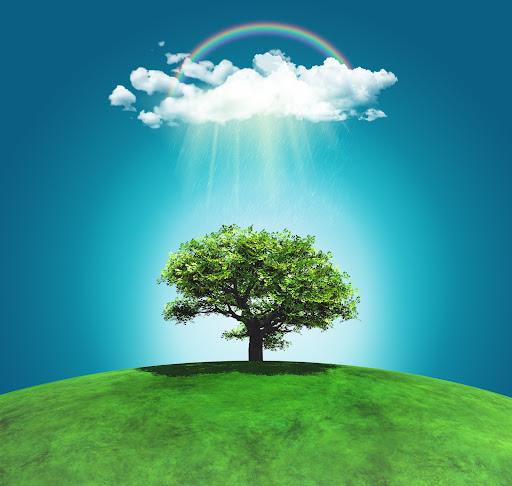Prepared by: Dr Afzamiman Aripin
There is a Malay proverb that says “Sekali air bah, sekali pantai berubah”, which also means “New lairds make new laws”… Water appears soft and frail, but it contains the power to mould even the hardest nature like rocks.
Imagine if the world was created without water; whereas water is the basic component of every cell, our lives will certainly be difficult and impossible.
When water molecules merge and move in large waves, they can be as powerful and destructive as a Tsunami.
However, when water is used as a resource, electricity can be generated! Hydroelectric power is generated by converting the energy of water flows into electricity.
If formal education is like water, then the philosophy will be centred on clouds and rain.
It, like water, flows through numerous channels or rivers and has benefited humanity.
Each government will collect its own or a combination of its own philosophies and treat them in terms of countries where they will be cleansed, clarified, and disinfected; this is how we can articulate the National Education Philosophy in the Malaysian context (Shamsiah et al., 2017).
The philosophy will be as clear as the clean water that flows from our faucet.
Some homes, such as our public schools and institutions, may, however, consume water directly.
Others, such as private schools and institutions, will treat the water further depending on how good or better they want the water to be.

If non-formal education is like water, the cloud will be the world without limit. It is well known that some people are extremely picky and insist on having their own “water” quality.
They will search their own experts and information through the search engine, special learning providers or virtual libraries all over the world.
This is the 21st-century style of learning, focusing on self-development and self-directed learning (Karatas & Arpaci, 2021).
If informal education is like water, it is the rain that falls on any land we stand on.
Some people are blessed with a fresh drizzle, and others are just experiencing the storm and thunder. In other words, it is not a planned way of learning (Emma, 2019).
However, unlike water, the Covid-19 pandemic has caused a sudden shift in education, particularly with the digitalization transformation.
Education, like sand when it comes into contact with water, must undergo massive transformations.
It is currently being debated as part of UNESCO’s Future of Education initiative, a global dialogue to reimagine how knowledge and learning can shape humanity’s and the planet’s future.
To meet the challenges posed by UNESCO, formal education, non-formal education, and informal education must work in tandem and, of course, in a systematic manner.
It is no longer a matter of deciding which is superior, but of figuring out how to improve things using the resources we have.
Change is, without a doubt, the most constant element in this world.
Most people are resistant to change, particularly when it affects them personally. To ‘change’ may be painful, but we cannot avoid it; instead, we must become dedicated learners to the changing.
A dedicated learner is more concerned with self-development and their surroundings than with his or her own self-fulfilment.
Aside from all the problems and hassles, education providers are learning how to channel their nation’s agenda to the citizens, learning loss is receiving new attention, facilities are being upgraded, educators are learning new approaches and attempting to utilise outsourced information, and students are learning from various channels in order to stay on track.

Image: REUTERS/Gonzalo Fuentes
In February 2020, it appeared that education would be impossible as the pandemic struck, forcing the closure of all schools and universities.
Brainstorming sessions between lecturers and students yielded a slew of brilliant ideas for moving physical classes to an online platform.
Finally, many lecturers have been able to conduct classes online using an “online service-learning” approach as an alternative to remote teaching during an emergency.
Students received minimal guidance and training to improve their executive function during the project-based learning experience.
A simple online learning initiative won a gold medal at NALI 2020 for exploiting project-based learning through service-learning, resulting in a significant researched product.
Under normal circumstances, it may not be the best way to complete the curriculum, but it does pave the way for future curriculum implementation and development research.
According to Yacek and Ijaz (2019) in their article titled Education as Transformation: Formalism, Moralism and the Substantivist Alternative, education has the power to transform, as flexible education is like water flowing into the rocks.
To embrace distinctive results from now, we shall save our water and prepare the drinking water for tomorrow, whether as government, institutions, teachers or students.
Fill in all sorts of bottles and stick them in the fridge to allow us to drink cold and filtered water throughout the day.
This article published in UTM NewsHub: https://news.utm.my/2021/10/if-education-is-like-water/
Recent Comments